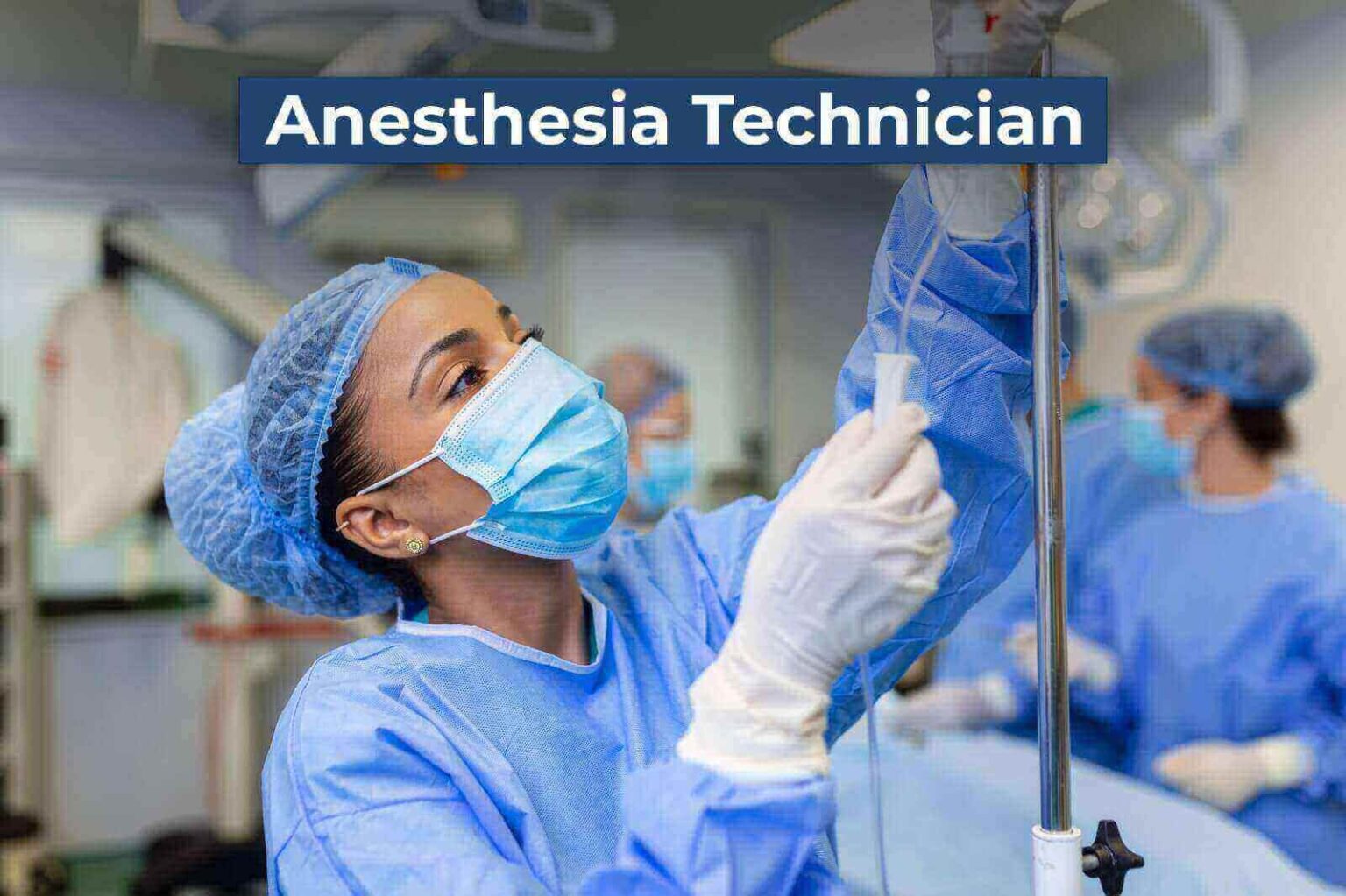In the high-stakes world of surgery and patient care, anesthesia plays a pivotal role in ensuring a safe and pain-free experience. Behind the scenes, supporting anesthesiologists and ensuring everything runs smoothly is the anesthesia tech, a highly trained and indispensable member of the healthcare team. Whether you’re considering a career in this field or simply curious about the profession, understanding what an does can offer a deeper appreciation for the complexities of surgical care.
What is an Anesthesia Tech?
An anesthesia technician, often referred to as an anesthesia tech, is a healthcare professional who assists anesthesiologists in a variety of clinical settings. These include hospitals, outpatient surgery centers, and emergency rooms. The primary role of an is to prepare and maintain anesthesia equipment, ensure that all necessary supplies are available, and support the anesthesia team during surgical procedures.
This role demands a solid understanding of medical equipment, attention to detail, and the ability to remain calm under pressure. It is a hands-on position that directly impacts patient safety and surgical outcomes.
Key Responsibilities of an Anesthesia Tech
Anesthesia techs are involved in multiple aspects of surgical preparation and support. Their duties often include:
-
Preparing anesthesia machines and related equipment
-
Monitoring equipment during surgical procedures
-
Stocking and maintaining supplies in the operating room
-
Sterilizing equipment before and after use
-
Assisting with patient monitoring and airway management
-
Troubleshooting technical issues during surgery
In addition to these tasks, often work closely with surgeons, nurses, and anesthesiologists, requiring excellent communication and teamwork skills.
Essential Skills and Qualities
To thrive in this role, anesthesia techs must develop a broad set of technical and interpersonal skills. Some of the most important qualities include:
-
Strong attention to detail
-
Technical proficiency with medical devices
-
Ability to follow protocols and procedures
-
Effective communication skills
-
Physical stamina and manual dexterity
-
Calm demeanor in high-pressure situations
Being dependable and proactive is crucial. Often, techs must anticipate the needs of the anesthesia team and address issues before they become problems.
Educational Path and Certification
Becoming an anesthesia tech typically requires a high school diploma followed by specialized training. This may be acquired through:
-
On-the-job training in hospitals or surgical centers
-
Certificate programs offered by community colleges or vocational schools
-
Associate degrees in anesthesia technology or related fields
While not always mandatory, certification can enhance job prospects and validate your skills. The American Society of Anesthesia Technologists and Technicians (ASATT) offers the Certified Anesthesia Technologist (Cer.A.T.T.) and Certified (Cer.A.T.) credentials, both of which require passing an exam.
Work Environment and Typical Day
Anesthesia techs generally work in operating rooms, labor and delivery units, or procedural suites. Their schedules may include nights, weekends, and holidays, especially in hospitals that offer around-the-clock services. A typical day might include:
-
Checking and calibrating equipment before surgery begins
-
Preparing the necessary medications and monitoring tools
-
Assisting during procedures with equipment adjustments or patient positioning
-
Cleaning and restocking after surgery is completed
The job can be physically demanding and requires standing for long periods. It also demands quick thinking and adaptability in rapidly changing situations.
Career Growth and Salary Potential
With the increasing demand for surgical services, the need for qualified anesthesia techs is expected to grow. Experienced technicians can advance to supervisory roles, transition into related fields like surgical technology, or pursue further education to become anesthesiologist assistants.
According to industry data, the average salary for an ranges between $40,000 and $60,000 annually, depending on location, experience, and certifications. Those working in metropolitan hospitals or specialized surgical centers may earn higher wages.
Why Consider a Career as an Anesthesia Tech?
Choosing a career as an anesthesia tech offers several benefits:
-
Job stability in a growing healthcare sector
-
Opportunities for advancement through certification and experience
-
A dynamic, fast-paced work environment
-
The chance to make a real difference in patient care and outcomes
For individuals who are detail-oriented, enjoy working with technology, and want to contribute to life-saving procedures, this role can be both fulfilling and rewarding.
Frequently Asked Questions
What qualifications are needed to become an anesthesia tech?
Most employers require a high school diploma and either on-the-job training or completion of a certificate or associate program. Certification is preferred by many institutions.
Is certification mandatory for anesthesia techs?
While not always required, certification through ASATT can improve job prospects and provide a competitive edge.
Where do anesthesia techs typically work?
They usually work in hospitals, ambulatory surgery centers, and outpatient clinics that perform surgical procedures.
Do anesthesia techs interact directly with patients?
Yes, although their primary role is equipment-related, techs often assist with patient positioning, monitoring, and preparation.
How is this role different from an anesthesiologist assistant?
An anesthesiologist assistant has more advanced training and responsibilities and works under the direction of an anesthesiologist to deliver anesthesia care. The mainly focuses on support tasks and equipment management.
Conclusion
The role of an anesthesia tech is a critical component of the surgical team, blending technical expertise with patient-centered care. From preparing life-saving equipment to supporting anesthesiologists during complex procedures, their contributions ensure smoother, safer surgeries every day. If you’re passionate about healthcare and thrive in a detail-driven environment, becoming an anesthesia tech could be the ideal career path for you. Consider exploring certification programs and hands-on training opportunities to take your first step toward this dynamic and impactful profession.



